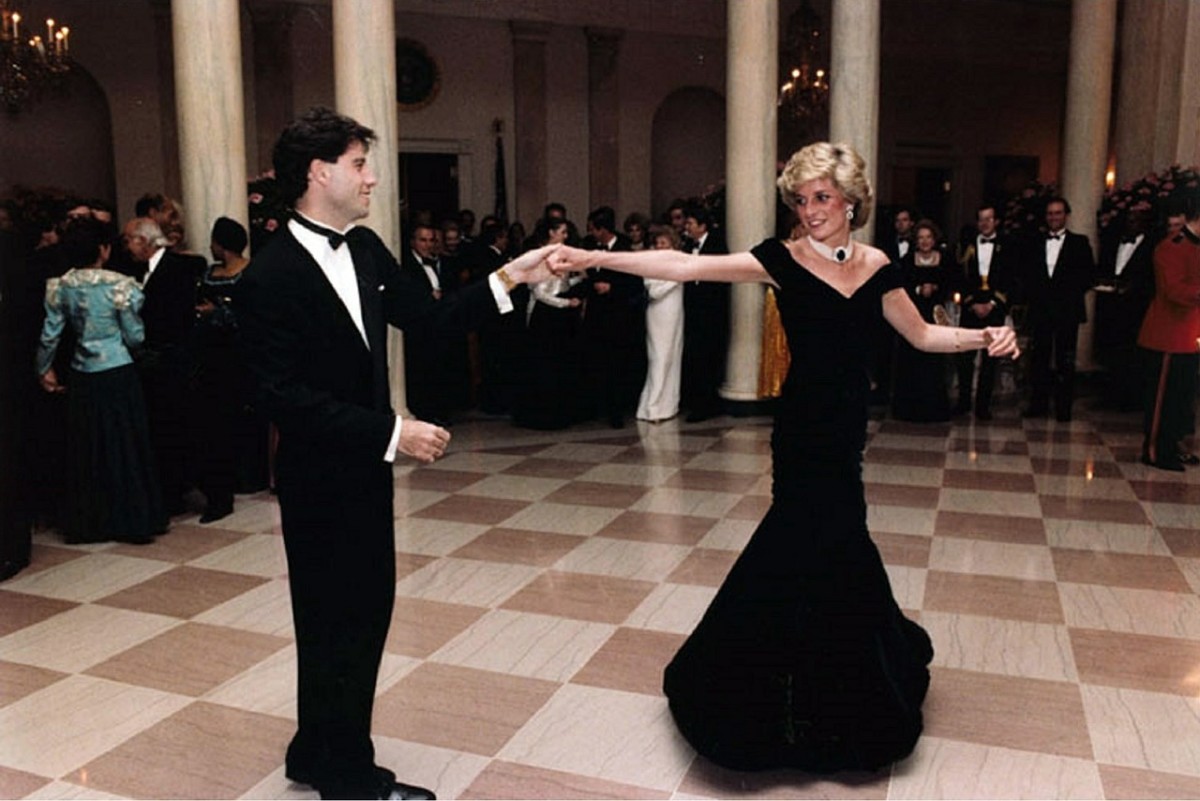Psychologically, Who is Steven in Korean TV Series "House Husband"?
Changing demographics...here we go!
Synopsis
(the synopsis is just a part of the series used as reference in analysis)
Steven became mad at Mina, his wife, because of going to work. Mina cried and Steven went outside. Upon walking home, he recalled his promise to her that after she had given birth, he would allow him to work.
The next morning he allowed Mina to work. They both agreed to change demographics until Steven would have a new job. Mina became the breadwinner and Steven now wore the apron. He was the one who fetch Peachy, their daughter, from school, cooked breakfast, scrubbed the floor and did the laundry. Because they knew that it will make their in-laws disappointed, they decided to put a show in front of them that Steven had work and Mina was the one who make household chores.
It was later on discovered by their in-laws. It further resulted to more arguments. However, Mina was called by her chief and informed her that she was fired due to a violation she committed. She arrived home, burst in tears but remained silent of what happened to her at her work. Steven was really worried but he cannot do anything. He then sought an advice on how he could make his wife happy to Rachelle, his newly arrived Japanese neighbor. He gave him advice which he did the next morning to please Mina.
Mina tried to search for a job but she could not find one. However, her superior called her and that she was invited for a dinner date to let her present the business plan she created for the company.
Attitudes of the Main Characters
Attitude is regarded as the personal view of a person towards an object, a person or a system. It is also defined by Encarta Encyclopedia 2006 as relatively enduring beliefs or opinions that predispose people to respond in a positive, negative, or ambivalent way to a person, object, or idea. In line with this, we will analyze the attitudes of the characters with major roles in the story and the behavior that they present in the whole duration of the story.
Let us first look at Steven’s attitude and behavior towards Mina and Peachy.
Steven’s life revolves around the society he is in. He deals with it on different degree of intimacy or closeness. He deals with the neighborhood, with his friends, with in-laws, with his daughter, Peachy and mostly with Mina, his wife.
Steven to Mina (as his wife)
o ATTITUDE: Steven loves Mina. He believes that Mina is also disappointed from the situation that his family is now in due to his job loss.
o BEHAVIOR: He tries to please her by preparing her breakfast before going to work, cooking dinner and cleaning her shoes.
Steven to Peachy (as his daughter)
o ATTITUDE: Steven cares for Peachy. On the other hand, he also believes that she is too young and she could be easily tricked.
o BEHAVIOR: He accompanies Peachy to and fro house and school daily. When he does things that he knows that Mina will disapprove, like gambling, he tells Peachy that it is not good to tell Mommy about that.
Next shall be Mina’s attitude and behavior towards Steven and Peachy.
Mina to Steven (as a husband and a father to Peachy)
o ATTITUDE: Mina loves Steven. She believes that Steven will soon find a job. She doesn’t regret that she married him even though hey have to undergo tough challenges.
o BEHAVIOR: She talks back to her mother when the latter underestimates her husband. Although, she knew that it was Steven’s fault, he doesn’t blame him for losing his job. Instead, she optimistically faces life and she decides to work temporarily until he will have a work again.
Mina to Peachy (as their daughter)
o ATTITUDE: Mina believes that Peachy is the most important gift she has ever received. She pampers Peachy.
o BEHAVIOR: She always reminds Steven to feed and to accompany her to school. She always hugs her. She sometimes spoils her, particularly when she doesn’t want to eat her breakfast.
Lastly, Peachy’s attitude and behavior towards her parents shall be evaluated.
Peachy to Steven (as her Daddy)
o ATTITUDE: Peachy loves her father although she knows that he is sometimes naughty. She believes that it’s OK to do things that are OK for her mother when she is with her father. She also thinks that her father is not strict.
o BEHAVIOR: She listens to her father. She directly tells his father that her mother allows her to draw on floors. That is why she does that even her father disapproves. She even talks back at him.
Peachy to Mina (as her Mommy)
o ATTITUDE: She loves her mother so much because she believes that her mother loves her too.
o BEHAVIOR: She always welcomes her Mommy from work and bids goodbye before going to work. She becomes mad at her father when he argues with her mother. She also helps his father to make her mother happy (e.g. when Steven cooks dinner as a surprise for Mina).
Traces of Egoistical Relative Deprivation
In reference to Crosby, we would try to find out if Steven, the main character, has RD. Going on the phase of relative deprivation means that it has passed on the phase of preconditions.
As I read the article, I found out that theories about RD frequently refer on the workplace and organizational settings for examples. Therefore I think that the story of House Husband will be a good match for identifying RD.
In South Korea, men are expected to be the breadwinner for the family. It is a societal dictate penetrating his thoughts and shaping his attitude. He belonged in a group who were socialized to think that that they have the potential of having a job and that they ought to have a job. Thus, when Steven lost his job as a Sales Manager, he partly blames his fate and his self and felt that there is a need for ‘achieving’ or having a new job. This job is not only to give prestige on him, but also to supply his family with their physiological needs. In this instance, we can now identify X as job. (X is the shorthand expression that could either be intangible or tangible). This very scenario gives a hint of determinants which are important to create 5 preconditions: In accordance with appearance in the context, these are: the societal dictate, past experience, personality trait and biological survival.
In accordance with the highlighted determinants, preconditions arise. Steven is aware that Other (in his group as a husband/father) has JOB because of the societal dictate. He wants and feels entitled to have a JOB because he knows that this ought to be because of the interweaving determinants of past experiences, societal dictates and biological survival. He also felt that it was feasible because of the need for achievement and the message that he belonged in a group who has to provide for the family. Lastly, he thinks that there is a lack of responsibility in his part for not having a JOB because he thought that there is favoritism in the company which caused him not to be recalled unlike others which was also fired but was able to work again. That is why although he has himself guilty for being fired, he still finds it unfair.
As a result, he experiences relative deprivation. He has all this preconditions in himself yet he can’t find a job and remains deprived of it. He feels resentment, anger and a sense of grievance over the ‘spilt milk’ situation.
His subjection to RD automatically draws us to observe the mediating variables and its resultant behaviors. To easily explain my findings, I would adopt and modify the figure in page 100 of the article Psychological Review by Crosby found below.
To conclude, feeling of RD would not determine individual’s success but on how a person would deal with it. Opportunities blocked are not blocked forever. Eventually, it may open resulting to a clearer view of the X that was deprived of the Person. The question now is if the opportunity comes, will the Person be ready or be hesitant? Will he/she be the same as how he/she aspired and longed for it before?
On the other hand, RD would not remain RD. Upon time, there were realizations, change of thoughts and attitudes but what’s important is that a Person was able to stand up against the trials that RD gave him/her.
People keep on meeting challenges but from it they’ll learn to embrace life in from its simplicity to its very complexity.









